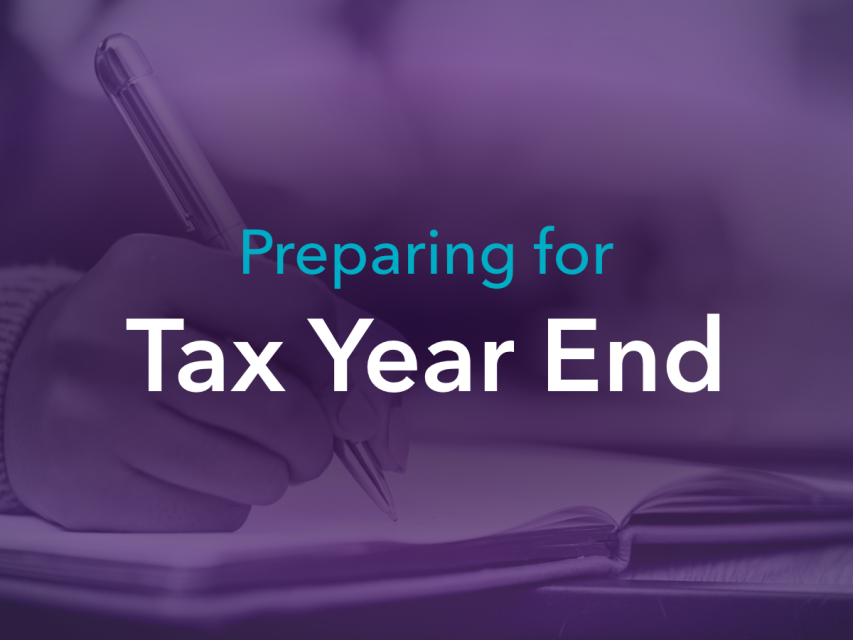Preparing for inheriting wealth
Over the next two decades, the UK is set to experience the largest intergenerational transfer of wealth in history — with trillions of pounds expected to pass from one generation to the next.
For many, this will come in the form of an inheritance: a family home, investment portfolio, pension, or even a business. Yet while receiving an inheritance can be a significant financial boost, it’s not just about what you inherit – but how prepared you are to manage it.
Without the right planning, beneficiaries risk facing unexpected tax bills, missed opportunities, or making rushed financial decisions at an already-difficult time.
In this article, we’ll explore the key considerations when preparing for inherited wealth, from understanding tax implications to making a clear, goal-based financial plan.
Start with family conversations
Inheritance can be a sensitive subject, however, one of the most powerful things you can do is have honest conversations before the transfer happens.
Understanding what you might inherit (and when) can help you plan effectively. Findings from the latest Government report on intergenerational transfers showed that those aged 55 to 64 years were the most likely to receive an inheritance and also received the largest inheritances on average. Furthermore, the least wealthy and youngest individuals receive smaller inheritances, on average, but they make up a much larger proportion of their net total wealth – showing the importance of preparation.
Helpful questions to explore with loved ones could include:
- Is there a Will in place?
- Are there any trusts or specific intentions for the assets?
- Who are the executors or key decision-makers?
- How do they want their legacy to be remembered or used?
Have an awareness of the tax landscape
Inheritance Tax is a tax on the estate of someone who has died, including all property, possessions, and money.
The standard Inheritance Tax rate is 40% and this is only charged on part of the estate that’s above an individual’s available nil rate band (including a residence nil rate band, if applicable).
There’s normally no Inheritance Tax to pay if either:
- The value of your estate is below the £325,000 nil rate band threshold
- You leave everything above the £325,000 threshold to your spouse, civil partner or a charity
Other tax considerations include:
- Capital Gains Tax (CGT) if you later sell inherited property or assets
- Income tax on interest or dividends if assets start producing income
- If you inherit a property jointly with siblings or other heirs and decide to buy out their shares, stamp duty may be payable on the portion you purchase. The amount of duty payable depends on several factors.
A financial adviser can help you to explore tax-efficient planning (like trusts, gifting, or charitable donations) and understand any reliefs or exemptions that may apply.
Considerations for the type of assets you’re likely to inherit
The type of asset you receive will have a significant impact on how it’s taxed, managed, and potentially passed on in future. These can include:
Family homes or investment properties
If you sell the property, you could be liable for Capital Gains Tax on any increase in value since the date of death. However, if you decide to keep and rent it, you’ll need to consider ongoing maintenance, tax on rental income, and potential joint ownership arrangements.
Cash savings and investments
If you receive cash you may want to use some of it to pay off debt, top up your pension, invest, or gift to family – but planning is essential. Setting aside time to prioritise your goals – and speaking to an adviser – can ensure your decisions are tax-smart.
Inherited investments can range from individual shares to professionally managed portfolios, such as General Investment Accounts (GIAs). While ISAs cannot be passed on, as they’re specific to an individual, you may find yourself receiving an increased ISA allowance for a year so that inherited ISA funds can be placed into your own ISA and retain their tax-free status (known as an Additional Permitted Subscription, or APS). This is only available if the individual who has passed away had an ISA and was your husband, wife, or civil partner.
Pensions
According to the most up-to-date figures from the Office for National Statistics, Private Pension wealth (35%) made up the largest proportion of household wealth.
What happens to a Defined Contribution Pension can depend on a few factors – the type of scheme, the age the person dies and whether they’ve already accessed some of the money.
- If the pension holder died before age 75, beneficiaries can usually withdraw funds tax-free
- If they died after 75, withdrawals are taxed at the beneficiary’s marginal income tax rate
It’s worth seeking professional advice – especially as you don’t have to take money from an inherited pension immediately. In many cases, leaving the money invested can allow for continued tax-efficient growth.
Business interests
This type of inheritance is particularly common in family-run businesses and professional partnerships. The decisions you make can impact not only your finances, but also the people employed by the business and its long-term future.
Examples of what you could inherit include:
- Shares in a private limited company (Ltd)
- An ownership stake in a partnership or LLP
- Direct ownership of a sole trader business
- Commercial property or assets held within a trading company
One advantage of inheriting a business interest is the potential for Inheritance Tax relief through Business Relief.
Business Relief was introduced as part of the 1976 Finance Act, helping family-owned businesses survive the transition from one generation to the next. There are two main caveats:
- The two-year ownership rule requires that an asset must be owned for at least two years before the death of the owner for it to qualify for relief.
- The other is that there are two different levels of business relief:
- 100% relief: this applies to a business or an interest in a business, as well as shares in an unlisted company.
- 50% relief:shares in a listed company representing more than 50% of the voting rights (known as a controlling share), land, buildings, or machinery owned by the deceased and used in a business they controlled or were a partner in.
Have a plan before the inheritance arrives
Receiving either a large sum or a significant asset can be overwhelming. One approach is to take a step back and create a financial plan based on your goals. You may want to consider the following:
- What are my short, medium and long-term goals?
- Should I clear debts or build long-term investments?
- Could this inheritance support my children’s education or help with their first home?
- Should I increase my pension contributions or protect my own estate for the future?
Work with a financial adviser
It’s important to seek financial advice to help you understand the full picture – especially as tax rules can be complex and change frequently. A financial adviser can also:
- Create a personalised strategy for using your inheritance
- Structure assets tax-efficiently (using ISAs, pensions, or trusts)
- Ensure your own estate planning is up to date
Final thoughts
Inheriting wealth is a life milestone that carries both responsibility and opportunity. By preparing in advance, having open conversations, and seeking professional advice, you can ensure that the inheritance supports your goals while honouring the legacy behind it.
The Financial Conduct Authority do not regulate Will Writing, Tax Advice and Estate Planning.
With investing, your capital is at risk. Investments can fluctuate in value and you may get back less than you invest. This material is not a personal recommendation or financial advice and the investments referred to may not be suitable for all investors.
Tax is subject to an individual’s personal circumstances and tax rules can change at any time.
Pension eligibility and tax rules apply. You should ensure your contribution does not result in your total Pension contribution within the tax year exceeding £60,000 or 100% of your earnings, whichever is lower.
ISA eligibility and tax rules apply.
True Potential Wealth Management is authorised and regulated by the Financial Conduct Authority. FRN 529810. Registered in England and Wales as a Limited Liability Partnership No. OC356611.
True Potential Investments LLP is authorised and regulated by the Financial Conduct Authority. FRN 527444. Registered in England and Wales as a Limited Liability Partnership No. OC356027.
True Potential LLP is registered in England and Wales as a Limited Liability Partnership No. OC380771.





